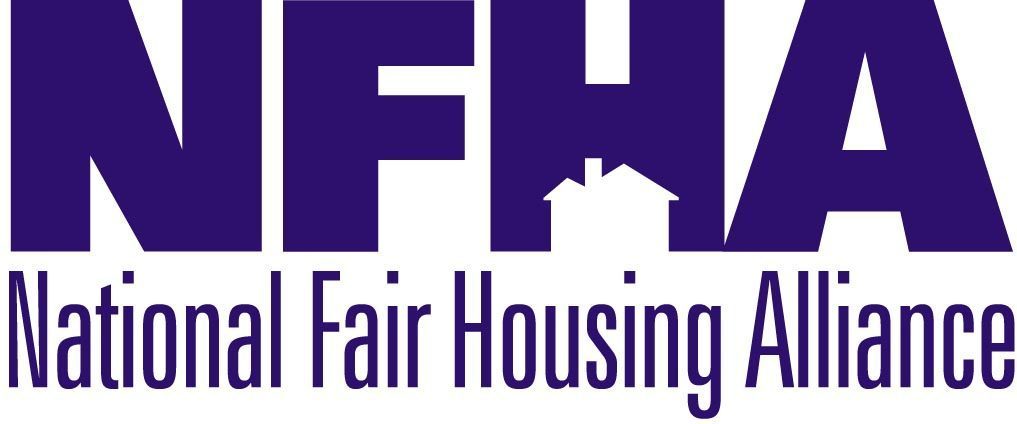Washington, D.C. — The nations leading civil rights and housing policy organizations have issued the following statement applauding HUD for releasing the Proposed Affirmatively Furthering Fair Housing (AFFH) rule:
“Today’s action by U.S Department of Housing and Urban Development (HUD) Secretary Marcia L. Fudge in releasing an updated Affirmatively Furthering Fair Housing (AFFH) proposed rule is an important step toward creating more equitable and affordable housing opportunities and stronger, more viable neighborhoods. Our organizations urged the Biden-Harris administration to prioritize restoring inclusive fair housing rules that were previously weakened or ignored, and that ensure everyone lives in healthy, well-resourced, vibrant communities free from discrimination. This administration committed on day one to address our request and today has taken another step toward fulfilling its promise to advance fair housing.
“This year we commemorate 55 years of the Fair Housing Act. Yet in 2023, residential segregation, housing discrimination, and an affordable housing crisis remain at the core of inequality in the United States. When Congress passed the Fair Housing Act in 1968, it intended for HUD to take active steps to end housing discrimination, eliminate housing segregation and its ill effects, and dismantle systemic racism and inequality to ensure people could have safe and decent housing in vibrant communities. However, a robust framework for enforcing these obligations was not put into place until 2015, finally giving local jurisdictions, public housing authorities, and community stakeholders the process and data needed to identify and redress local barriers to fair housing and equitable opportunity.
“The Fair Housing Act’s AFFH mandate requires every entity — local governments, states, housing authorities, etc. — receiving federal funding for a housing or urban development purpose, to use those funds, as well as operate all of their programs, in a manner that affirmatively furthers fair housing opportunities. When used appropriately, the Fair Housing Act’s AFFH provision can reduce racial and gender wealth and homeownership gaps; increase the supply of quality accessible and affordable housing; improve educational, health, environmental, and other outcomes; increase economic opportunities; and benefit thousands of communities and millions of people. By addressing structural inequities, we can build a stronger economy, develop and support more affordable housing options, and maintain a check on inflation, as housing is the single largest expense for the average consumer.
“Fair and equitable housing can transform society and create new promises for future generations. We can build a world in which your zip code does not determine your outcome in life. We can foster a society in which every neighborhood is full of the opportunities and resources that people need in order to thrive. We look forward to working with HUD and the entire administration to ensure the final AFFH rule is effective and beneficial to everyone in this nation, and we urge the administration to move forward swiftly with the rulemaking and implementation process.”
This statement was issued jointly by the following organizations:
- National Fair Housing Alliance
- American Civil Liberties Union
- Americans for Financial Reform Education Fund
- Asian Real Estate Association of America (AREAA)
- Autistic Self Advocacy Network
- Center for Disability Rights
- Consumer Federation of America
- Habitat for Humanity International
- Justice in Aging
- Lawyers’ Committee for Civil Rights under Law
- The Leadership Conference on Civil and Human Rights
- NAACP
- NAACP Legal Defense and Educational Fund, Inc.
- National Association for Latino Community Asset Builders
- National Association of Affordable Housing Lenders
- National Association of Hispanic Real Estate Professionals
- National Association of Real Estate Brokers Inc.
- National Coalition for Asian Pacific American Community Development (National CAPACD)
- National Coalition for the Homeless
- National Coalition on Black Civic Participation
- National Community Reinvestment Coalition
- National Community Stabilization Trust
- National Consumer Law Center (on behalf of its low-income clients)
- National Council of State Housing Agencies
- National Low Income Housing Coalition
- National Housing Conference
- National Housing Law Project
- National Urban League
- National Women’s Law Center
- PolicyLink
- Poverty & Race Research Action Council (PRRAC)
- Prosperity Now
- The Redress Movement
- Smart Growth America
- TheCaseMade Incorporated
- True Colors United
- UnidosUS
###
The National Fair Housing Alliance (NFHA) is the country’s only national civil rights organization dedicated solely to eliminating all forms of housing and lending discrimination and ensuring equal opportunities for all people. As the trade association for over 170 fair housing and justice-centered organizations and individuals throughout the U.S. and its territories, NFHA works to dismantle longstanding barriers to equity and build diverse, inclusive, well-resourced communities.




